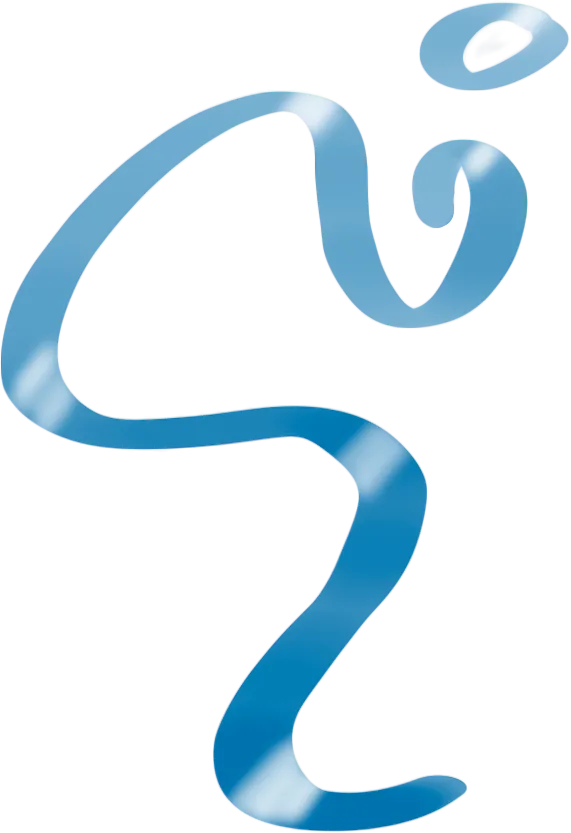Blog Post
Reflections on artificial intelligence, ethics, and technology

Reflections on artificial intelligence, ethics, and technology

February 8, 2023
Consider the Red Queen’s Race, described in an exchange between Alice and the Red Queen, in Lewis Carroll’s Through the Looking Glass:
“Well, in our country,” said Alice, still panting a little, “you’d generally get to somewhere else—if you run very fast for a long time, as we’ve been doing.”
“A slow sort of country!” said the Queen. “Now, here, you see, it takes all the running you can do, to keep in the same place. If you want to get somewhere else, you must run at least twice as fast as that!”
“
In the end, it would have been much more profitable, and much less damaging, for Facebook and Boeing to take ethics seriously in the first place.
People sometimes treat ethics like a Red Queen’s Race. Imagine a colleague saying: Taking ethics seriously is a drag on developing technologies, requiring us to work twice as much to get anywhere! And perhaps even: Ethics is obstructive, especially if what we really want is to “move fast and break things” (obligatory xkcd comic )!
Nothing could be further from the truth. In fact, ethics is an accelerant when it comes to technology.
When technological organizations want to move fast, one option is to cut corners, which does indeed end up breaking things. The problem is that when ethics is one of those corners, it can cost a lot. Let’s look at two cautionary examples.
In 2017, the intelligence arm of Myanmar’s military used Facebook to incite violence against the Rohingya people Rohingya people . Facebook’s algorithms amplified, and the company profited from, the resulting echo-chamber. The result was that thousands of Rohinga were killed, tortured, and displaced in an ethnic cleansing campaign. This did not simply come out of the blue. Facebook had been warned repeatedly between 2012 and 2017. According to a UN commission on the incident, there is no doubt that Facebook’s role was significant .
In 2019, the Boeing 737 MAX was grounded after two fatal crashes were traced to the Manoeuvring Characteristic Augmentation System (MCAS). The MCAS was designed to head off possible stalls, but brought with it the potential for catastrophic failure. When authorities dug into how the crashes occurred, it seems to be a classic case of regulatory capture: close relationships between the Federal Aviation Authority and Boeing allowed the company to cut costs — and corners — when it came to safety . The result was that 346 people died.
The measurable consequence of ignoring ethics is that it often causes serious harm to people and organizations. The impulse to cut corners when it comes to ethics has its roots in the “Red Queen Fallacy,” based on the Alice in Wonderland excerpt above.
The Red Queen Fallacy is a reasoning error with the following pattern: We want to develop our technology quickly. Ethics will slow us down. Therefore, we ought to set ethics aside.
But did setting ethics aside allow Facebook and Boeing to go fast? Facebook’s Mark Zuckerberg was dragged in front of Congress to testify about the company’s role in the genocide. . Amnesty International published a report calling for massive reparations . Facebook is the subject of lawsuits in the US and the UK seeking a combined $150 billion for Rohinga refugees . Furthermore, genocide has taken the sheen off the company: everyone knows what they did, and that they were warned about the consequences of their negligence. Little good gets said about Facebook these days. And the number of daily active Facebook users in the U.S. and Canada has been falling, from 198 million in mid-2020 to 197 million in the second quarter of 2022, due in part to its sagging reputation and repeated controversies.
“
When done properly, ethics helps protect organizations, and the people who create and use technology.
Meanwhile, Boeing had to suspend its production of of the 737 MAX, which the company estimates cost them over $1 billion. Boeing payed $2.5 billion after being charged with fraud over withholding information . Barclays downgraded Boeing stock after a survey showed passengers intended to avoid the 737 MAX . And the company saw its stock fall 71% between March 2019 and March 2020. Finally, the cost to Boeing’s standing as a leader in aerospace safety is incalculable: they have been exposed as an enterprise that puts profits ahead of not just the safety, but the lives of their crew and passengers.
In the cases of Facebook and Boeing, an appropriate application of ethics to technology would have saved many lives. Furthermore, these breaches have cost billions of dollars, prompted public condemnation, attracted regulatory attention, and caused irreparable damage to reputation. Moving fast, without due consideration for ethics, has slowed these companies down in a big way.
In the end, it would have been much more profitable, and much less damaging, for Facebook and Boeing to take ethics seriously in the first place. The truth is, ethics acts as an accelerant in comparison to what happens when organizations commit egregious ethical errors. And when done properly, ethics helps protect organizations, and the people who create and use technology.